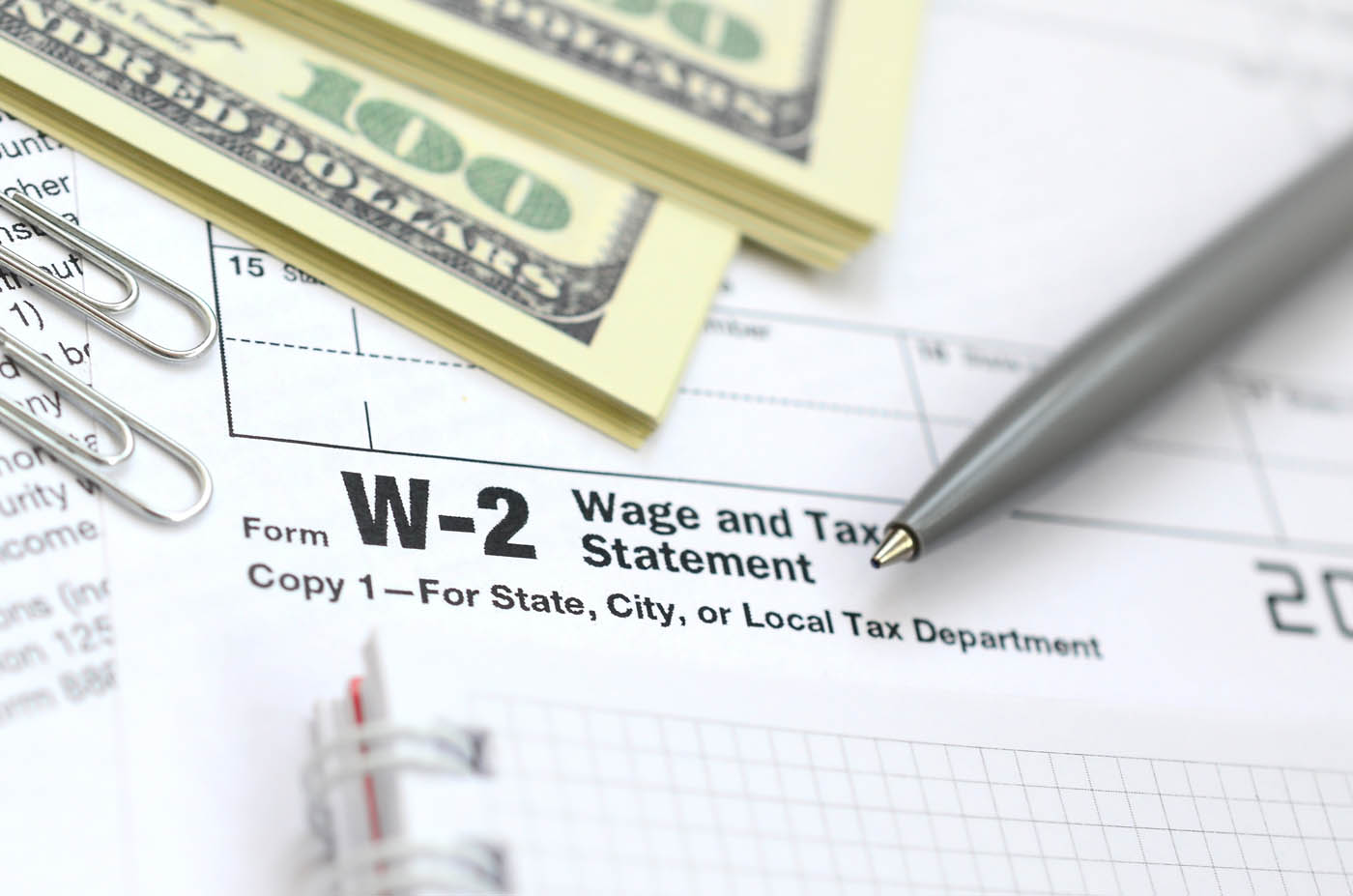Based on a new decision from the California Supreme Court, employers are required to use the same method to determine regular rate of compensation for penalty pay as they do to determine the regular rate of pay used for overtime calculations.
California wage orders have, for many years, required that nonexempt employees who are denied their statutory meal or rest periods be compensated with penalty pay equal to one hour of their “regular rate of compensation.” Many employers may have interpreted “regular rate of compensation” to mean an employee’s base hourly rate of pay, rather than their “regular rate of pay,” which is used for calculating overtime.
The California Supreme Court has now settled the matter definitively in a unanimous decision. Regular rate of compensation means the same thing as regular rate of pay. When an employer is determining how much an employee is owed for a missed meal or rest period, they must also factor in nondiscretionary income the employee earns, such as production bonuses, piece rate pay, and commissions. This doesn’t include discretionary bonuses or tips, but it does include mandatory service charges charged by restaurants and distributed to employees.
The court’s decision is retroactive. This means that employees who earn additional nondiscretionary pay and received penalty pay in the past that didn’t factor in that additional nondiscretionary pay will be within their rights to ask their employer for an adjustment. The statute of limitations for wage and hour claims in California is generally three years, so if the court’s ruling is contrary to your longstanding practices, it could introduce significant liability. If you anticipate such requests, we recommend that you speak with an attorney about how to handle them.


